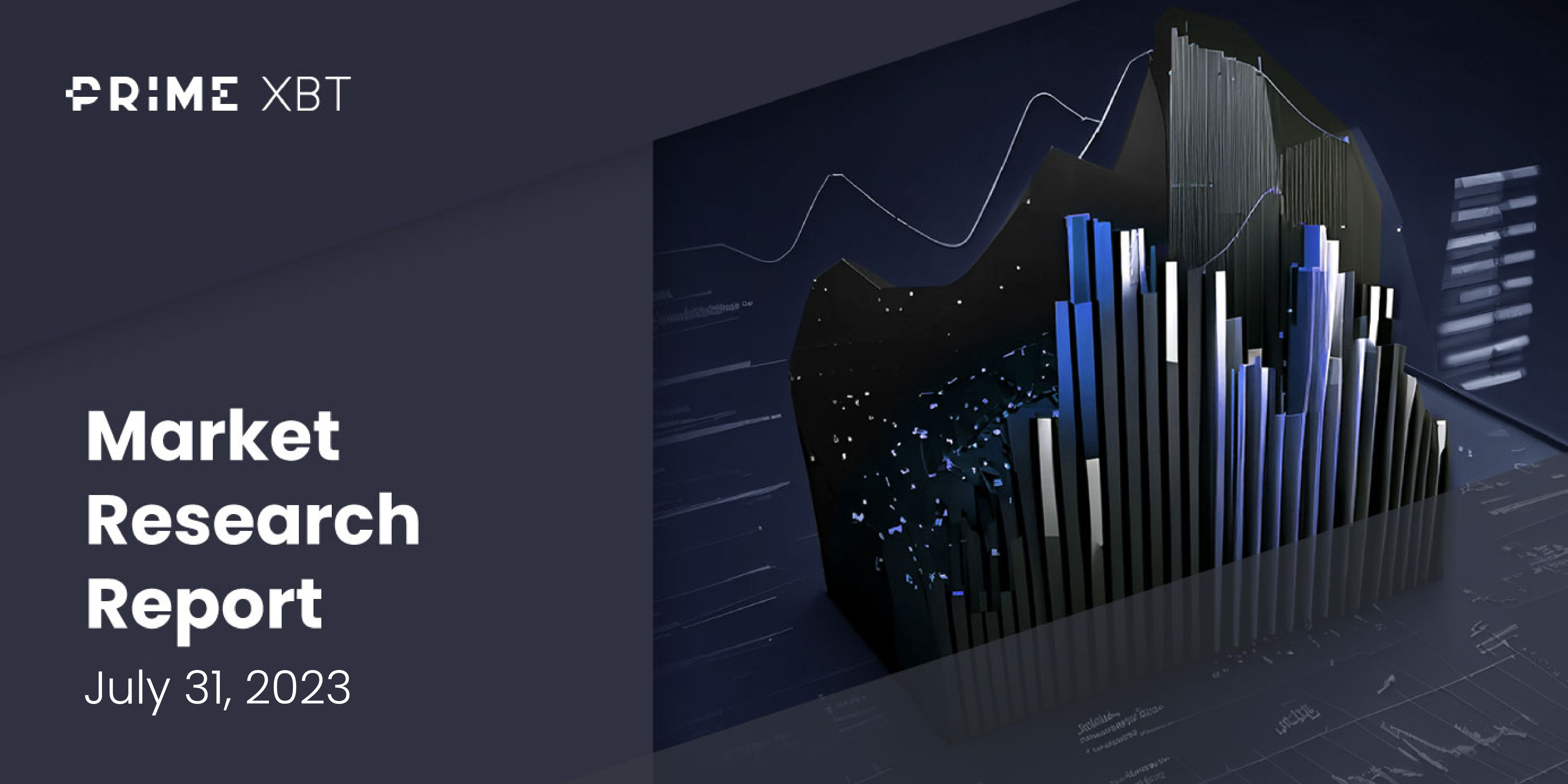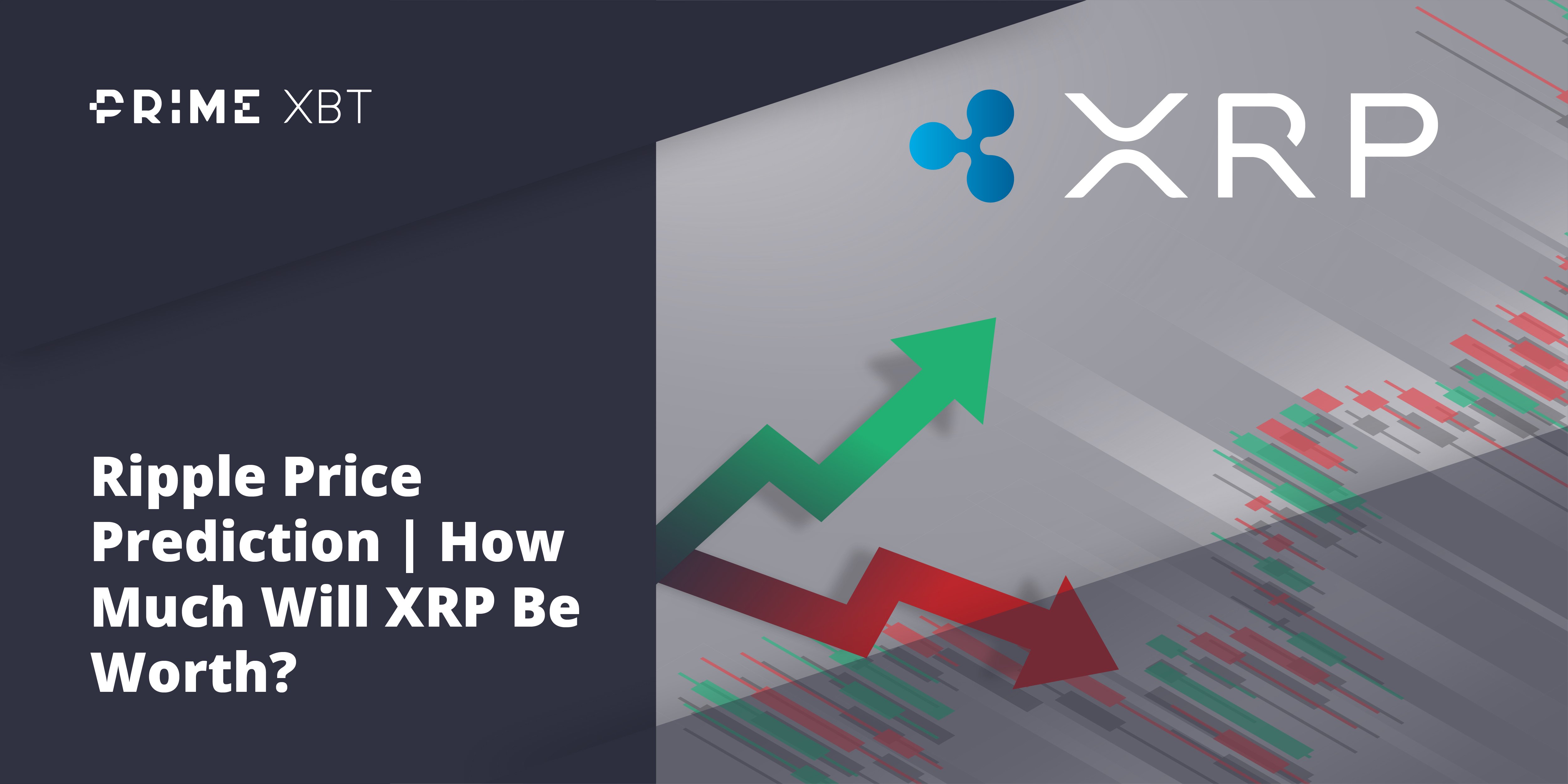If you’ve been around the cryptocurrency industry in any capacity, chances are you’ve come across some commonly used crypto terms that are very specific to the culture that surrounds it.
Cryptocurrency terms are diverse, difficult to understand, and some downright strange. However, after reading this guide the wide world of cryptocurrency language won’t be so confusing and challenging to navigate.
How To Understand Cryptocurrency Terminology
Study the following glossary of cryptocurrency terms to familiarize yourself with popular crypto terminology.
51% Attack
A 51% attack can result in double spending coins and investor loss. It requires an attacker gaining at least 51% – a majority share – of a network’s hash power to perform.
Address
A crypto address is a string of letters and numbers that act similarly to an email address except instead of emails, digital assets are sent over the blockchain. The amount of cryptocurrency each wallet contains is visible via a blockchain explorer tool.
Altcoins
Altcoins are a class of cryptocurrencies that don’t include Bitcoin, stablecoins, or NFTs. There are thousands of altcoins in the cryptocurrency market. Many altcoins are built on Ethereum, which is also an altcoin for example.
Airdrop
A crypto airdrop involves receiving free tokens or coins in exchange for signing up for certain programs or by submitting a crypto address. New crypto projects give these free tokens away to promote their projects, build a user base, and decentralize the supply.
AML
AML stands for anti-money laundering and are special policies and procedures put in place to deter money laundering and other illegal activities.
Asset
An asset refers to property or goods, such as real estate, stock shares, cryptocurrencies, and more. Assets can be bought and sold on the free market.
ATH
ATH stands for all-time high, and is a representation of the highest price point ever reached within a particular asset.
AMM
An automated market maker platform is a decentralized exchange where users provide the liquidity for order matching.
Bagholder
A Bagholder is someone who buys near the top, and is stuck holding assets at a loss and waiting lengthy periods in order to be able to sell at breakeven.
Bear
A bear is someone with a bearish view on an asset, which is the view that the asset’s price will decline.
Bear Trap
A bear trap is an anomaly in price action that results in a small crash that gets bearish traders to enter positions, only for bulls to stage a reversal – forming the trap. Bears get trapped in their short positions and are forced to cover higher at a loss, which also helps to drive asset prices higher via a short squeeze.
Blockchain
The distributed ledger technology that debuted with Bitcoin. It is an immutable ledger that transparently contains all transactions ever recorded for public view.
Block Explorer
A block explorer is a tool used to view transactions, addresses, and other data contained on the blockchain.
Block Reward
A block reward is the share of cryptocurrency that miners receive for confirming blockchain transactions and adding each block to the chain. The block reward in Bitcoin is halved every four years or so.
Bollinger Bands
The Bollinger Bands are a popular technical analysis indicator used to find support and resistance, give buy and sell signals, and measure volatility. This versatile tool is known best for its “squeeze” which happens just before a massive move and expansion.
Bubble
A financial bubble is a phase when asset prices outpace realistic valuations. The first ever recorded bubble historically was due to the Dutch and tulip mania, which cryptocurrencies are commonly compared to.
Bull
A bull is someone with a bullish view on an asset, which is the view that the asset’s price will increase.
Bull Trap
A bull trap is an anomaly in price action that results in a small move up that gets bullish traders to enter positions, only for bears to stage a reversal – forming the trap. Bulls get trapped in their long positions.
Bottom
A bottom refers to when price action has sufficiently found support and is ready to turn around and make another attempt toward highs.
Candlesticks
Japanese candlesticks are a helpful tool for analysts, and contain a variety of information. Each candle’s open, close, high, and low all provide information that can be used to predict future outcomes with some degree of accuracy.
CFDs
CFDs stands for contracts for difference and are a derivative contract that allows traders to go long or short, but without any time related requirements like futures or options.
CFTC
CFTC stands for Commodity Futures and Trading Commision and is the regulatory arm in the United States that oversees Bitcoin futures trading.
Correction
A correction is a price movement in the opposite direction of the primary trend. During an uptrend, any pullbacks would be a correction to the primary trend. In a downtrend, bounces would be the correction to the primary downtrend.
Cryptography
Cryptography is the use of writing code for the purpose of establishing privacy and security. The word in latin breaks down into “to write secret code.”

Cryptojacking
Cryptojacking is a type of malware that hides in an unsuspecting user’s computer, quietly using the processing power to mine cryptocurrencies, usually Monero.
Cypherpunk
A Cypherpunk is a type of individual with strong beliefs around privacy and personal internet security. This group was paramount in privacy-related services like PGP, cryptocurrencies, and more. Satoshi Nakamoto first distributed the Bitcoin code via a Cypherpunk newsletter.
dApps
dApps stands for decentralized applications and refers to an application that works via a smart contract on the blockchain.
Dead Cat Bounce
A dead cat bounce thankfully has nothing to do with killing kittens, and instead is a slang term for a temporary relief bounce that results in deeper lows.
DeFi
DeFi is short for decentralized finance and is a rapidly growing sector of crypto that seeks to disrupt traditional finance. DeFi replaces traditional banking services such as borrowing and lending, all without credit approvals thanks to permissionless technology.
Derivatives
Derivatives are a type of trading instrument and contract that lets traders speculate over the price of assets without actually owning or trading the underlying asset.
DEX
A DEX is a decentralized cryptocurrency exchange. This type of exchange doesn’t have a company overseeing operations, and instead is done via a smart contract protocol, and works via a direct connection with a crypto wallet.
Diamond Hands
Diamond hands is the opposite of weak hands, and is used to reference someone with abnormally strong emotional control.
Divergences
Divergences refers to an anomaly in price action where the price of an asset moves opposite a technical analysis indicator and is typically a sign of a potentially fake move and pending reversal.
Dump
A dump is a violent selloff in cryptocurrencies.
Dust
Dust is tiny, incremental amounts of cryptocurrencies left in an account that don’t meet minimum buy or sell requirements, nor do they meet withdrawal requirements.
DYOR
DYOR stands for do your own research and is commonly used to direct investors to seek info themselves.
ERC-20
ERC-20 is a token standard for smart contracts on the Ethereum blockchain. Many altcoins across the market are built on the ERC-20 standard.
Exchange
An exchange is where users go to buy and sell cryptocurrencies.
Fiat
Fiat refers to paper money or notes backed by the government and nothing else. The dollar is the primary example of fiat money.
FOMO
The fear of missing out. It happens when Bitcoin or altcoins are rising and investors didn’t buy at lows.
FUD
FUD stands for fear, uncertainty, and doubt, and is a negative force that drives down crypto prices.
Fundamental Analysis
Fundamental analysis looks at blockchain metrics and other aspects of the health of the underlying network and asset.
Futures
Futures are a type of derivative contract that lets traders speculate on price action. Futures are required to be settled by or before an expiry.
Gas
Gas represents the fee in ETH required for using the Ethereum blockchain.
Genesis Block
The Genesis Block was the first ever block to be added to the Bitcoin blockchain by Satoshi Nakamoto themself.
Halving
The halving is a hard-coded and pre-programmed event in the Bitcoin protocol that slashed the block reward miners receive roughly every four years.
Hard Fork
A hard fork happens when a blockchain is split into two different chains, each with the same original chain. A hard fork produces a second set of assets.
Hardware Wallet
A hardware wallet in crypto usually refers to a USB or bluetooth device that can be used to store cryptocurrencies in cold storage offline.
HFSP
HFSP is a new crypto term that breaks down to “have fun staying poor.” It is used to comment toward those who do not believe in the value of cryptocurrencies.
HODL
HODL stands for hold on for dear life and is a misspelling of hold that became a popular cryptocurrency term.
Hot Wallet
A hot wallet is a type of wallet that is always connected to the internet in some way, leaving assets vulnerable to hacks or other intrusion.
Ichimoku
The Ichimoku indicator is a complex technical analysis indicator offering an at a glance look at the entire market, price, time and more.
ICO
ICO stands for initial coin offering and was a popular crowdfunding method using cryptocurrencies, but fell out of favor in 2018 due to regulatory red tape.
IEO
IEOs are the new ICO, with backing from a crypto exchange to give new projects more value and consumers more protections up front.
KYC
KYC stands for know your customer and is a policy that some exchanges include that requires personal data such as IDs and more.
Leverage
Leverage lets traders amplify the results of their trades using margin. Leverage also amplifies the potential for losses so proper risk management is a must.
Lightning Network
Lightning Network is the name of the second layer technology designed to improve the fees and function of Bitcoin.
Limit Order
A limit order is a type or order that triggers when the limit price specified by the trader is reached.
Long
A long position is a trade in which the individual expects the price of an asset to increase.
Market Cap
A market cap in cryptocurrencies is a formula based on the total circulating supply of coins multiplied by the total price per coin.
Market Order
A market order is a type of order that is placed immediately at market price. This is used when a trader wants to enter a position instantly.
Margin Call
A margin call happens when a trader has used up almost all of their margin allocation and is at risk of liquidation. Traders will need to adjust positions or add more margin.
Mining
Mining cryptocurrencies involves using high tech machinery to solve complex computer code that confirms each block and transaction. Miners receive a reward in crypto for their efforts.
Moon
Moon, or mooning, refers to the price of a cryptocurrency rising sharply as if it was leaving the atmosphere and entering orbit.
MACD
The MACD stands for moving average convergence divergence and helps traders understand the momentum of a trend.
NFT
NFT stands for non-fungible token and is a type of crypto token that no other crypto token is like. These unique assets often represent the ownership of digital goods such as art or music.
No-coiner
A no-coiner is someone who doesn’t own any cryptocurrencies at all.
Options
Options are a type of derivative contract that lets traders speculate on price action. Options are not required to be settled by or before an expiry, but include a high premium to open.
OTC
OTC stands for over the counter, and represents behind-the-scenes transactions made by large net worth individuals or institutions.
Pair
A pair refers to a trading pair which is how any asset is traded or exchanged. For example, BTCUSD is the trading pair where investors can exchange BTC or USD and vice versa.
Phishing
Phishing is a type of scam or hack that involves a fake email, website, etc. designed for the purpose of duping users into inputting sensitive information.
Portfolio
A portfolio refers to the entire list of an investor or trader’s current positions, including cash positions.
Privacy Coin
A privacy coin obfuscates info related to the transaction, such as details around the sender or receiver.
Flurex Option
Flurex Option is an award-winning multi-asset margin trading platform offering more than 50 different CFDs under one roof.
Pump
A pump is an extremely powerful upward move in cryptocurrencies.
Pump And Dump
A pump and dump scheme is a coordinated effort to pump up crypto prices, only to later dump them down on late comers.
QR Code
A QR code includes visual data that represents a crypto wallet address.
ROI
ROI stands for return on investment and is how much in gains an investor or trader has made from their position since it was opened.
RSI
The RSI is short for Relative Strength Index, and is a tool to measure overbought or oversold levels.

Satoshi
A satoshi is the smallest unit of measurement in BTC, also called a “sat.”
Satoshi Nakamoto
Satoshi Nakamoto is the mysterious creator or creators of Bitcoin. No one knows the true identity of the person or people behind the project, and they’ve been missing for several years.
SEC
The SEC is the United States Security and Exchange commission and is a regulatory body overseeing exchanges and securities.
Seed Phrase
A seed phrase is a set of words acting as a private key to access cryptocurrency addresses.
Short
A short position is a type of trade where the individual expects the price of an asset to decrease.
Silk Road
The Silk Road dark web marketplace is now defunct, but is where Bitcoin got its start as a currency. Without its existence Bitcoin might not be as widely adopted.
Smart Contract
Smart contracts refer to executable code attached to cryptocurrency transactions. These smart contracts can be agreements, applications, and more.
Stablecoin
A stablecoin is a type of cryptocurrency that has stable price volatility due to it being tied to another stable asset such as the dollar, or maintained algorithmically.
STO
STO stands for security token offering and is a more regulatory friendly way to launch cryptocurrencies via a pre-sale.
Symbol
A symbol is the abbreviation representing each type of asset or cryptocurrency. Also called a ticker symbol.
Technical Analysis
Technical analysis is the study of price charts and patterns, as well as technical indicators to attempt to increase probabilities around future outcomes.
Tether
Tether is the largest stablecoin by market cap, but is among the most controversial crypto assets in the space due to a lack of transparency around the coin’s backing.
TD Sequential
The TD Sequential indicator is a market timing tool created by Thomas Demark.
Trend
A trend is a well defined price trajectory supported by sentiment and improving technical signals.
TPS
TPS stands for transactions per second, and is the measure of a cryptocurrency’s throughput.
Utility Token
A utility token in crypto is a type of asset designed for us specifically within a crypto-centric ecosystem.
Volatility
Volatility is the measure of price movement within a timeframe. The greater the price movement, the higher the volatility.
Volume
Volume represents the total coins exchanged during any given candle. Volume can tell traders a lot about the intent behind the market.
Wallet
A wallet is a place to store cryptocurrencies and are further categorized into hardware wallets and hot wallets.
Watchlist
A watchlist is a way for investors and traders to watch specific assets and trading instruments that catch their eye.
Weak Hands
The phrase weak hands refers to traders and investors who easily panic sell at the first sign of a dump.
Whale
A whale is a high wealth investor or trader with enough size to make waves in the market.
Whitepaper
A whitepaper is a reference document outlining all the benefits and applications of a cryptocurrency project.
XBT
XBT is the marginalized version of BTC when trading derivatives.
Yield Farming
Yield farming is a relatively new term that references traders shopping around for the highest yields within DeFi protocols.
Summary: Put Your Understanding Of Crypto Terms To The Test
The list of cryptocurrency terms is growing by the day as new innovation takes place across the industry. At one point, there were no such things as NFTs or DeFi, and today they represent some of the most popular crypto terms dominating the industry. Be sure to check this guide often for updates when new cryptocurrency terms are added.


